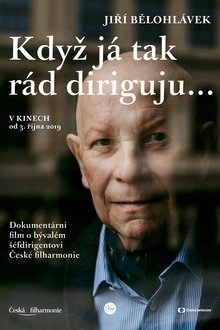This unconventional film is an observation Teodor Currentzis – one of the most extra-ordinary modern conductors. Backed by pieces from Mozart, Stravinsky, Jean-Philippe Rameau and with choreography by Jiri Kylian, this film is 64 minutes of love, light, life, beauty and being inside music.
Related Movies
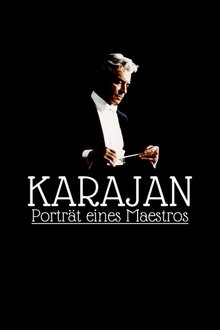
Karajan: Portrait of a Maestro (2019)
An account of the life and work of controversial German orchestra conductor Herbert von Karajan (1908-89), celebrated as one of the greatest musicians of the twentieth century.
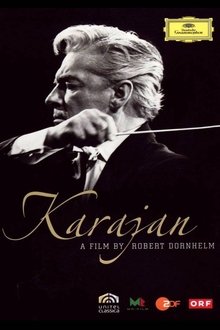
Karajan: Beauty As I See It (2008)
With a career that includes a 35-year tenure as composer of the Berlin Philharmonic and record sales topping 200 million, Herbert von Karajan is one of the most legendary figures in 20th-century classical music. Comprised of archival footage, performance highlights and interviews with the likes of Anne-Sophie Mutter, Christa Ludwig and Seiji Ozawa, this retrospective chronicles the life and times of the iconic Austrian maestro.

Etuda o zkoušce (1977)
Study of the work of the conductor Václav Neumann and his creative process with the orchestra.

Beyond the Grace Note (2020)
Beyond the Grace Note examines the hard climb to the podium faced by women conductors today. Leading female conductors open up for the first time about the struggles they faced throughout their careers and how their love of music saved them in this difficult and competitive profession.
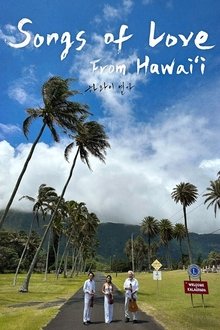
Songs of Love from Hawaii (2024)
Embark on a mesmerizing musical journey through the multi-faceted history of Korean American immigrants in Hawaiʻi with SONGS OF LOVE, a captivating reverie of song and history.
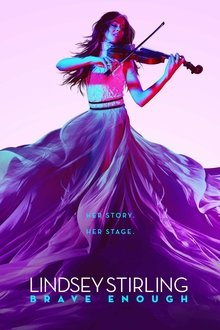
Lindsey Stirling: Brave Enough (2017)
Beginning on the eve of her thirtieth birthday, “Brave Enough,” documents violinist Lindsey Stirling over the past year as she comes to terms with the most challenging & traumatic events of her life. Through her art, she seeks to share a message of hope and courage and yet she must ask herself the question, “Am I Brave Enough?” Capturing her personal obstacles and breakthrough moments during the “Brave Enough,” tour, the film presents an intimate look at this one-of- a-kind artist and her spectacular live performances inspired by real-life heartbreak, joy, and love.
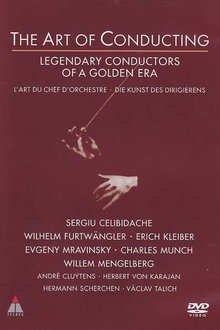
The Art of Conducting: Great Conductors of the Past (1993)
Documentary about sixteen great conductors of the 20th century.
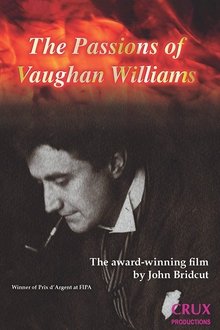
The Passions of Vaughan Williams (2008)
Fifty years after his death, this musical and psychological portrait of Ralph Vaughan Williams explores the passions that drove a giant of 20th-century English music.

Boulez at 80 (2005)
Pierre Boulez conducts the BBC Symphony Orchestra and Chorus in a special concert from the Barbican, as part of the composer's 80th birthday celebrations. The programme contains two compositions by Debussy; Jeux and Trois ballades de Villon, as well as Daphnis et Chloé by Ravel, featuring soprano Elizabeth Atherton as soloist.Presenter Charles Hazlewood interviews Boulez and discusses the concert with guest Sir Peter Maxwell Davies.

Leonard Bernstein: The Gift of Music (NaN)
Leonard Bernstein narrated by legendary screen star Lauren Bacall. The movie also relies extensively on Bernstein's own words to provide the counterpoint to the abundant visual material. Highlights include excerpts of Bernstein conducting masterworks by Beethoven and Mahler, as well as of the maestro with the New York Philharmonic in Moscow in 1959 before an audience which included composer Dmitri Shostakovich and the dissident poet Boris Pasternak. It also contains never-before-seen footage, such as outtakes from televised concerts and interviews. Among these special treats: the dashing 28-year-old maestro representing the U.S. at the 1947 Prague Spring Festival – possibly the earliest extant film of Leonard Bernstein.
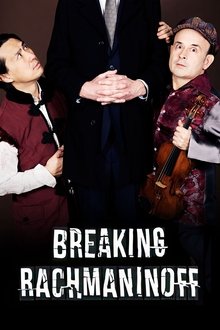
Breaking Rachmaninoff (2023)
A humorous documentary about the search for a great composer who managed to overcome his depression by spelling his own name wrong.

Gidon Kremer: Back to Bach (2007)
The film includes rare archival footage and tells in a very personal way of Gidon Kremer's encounters with Johan Sebastian Bach's music, accompanying the famous violin virtuoso in rehearsals, recording sessions and discussions with a few trusted confidants.
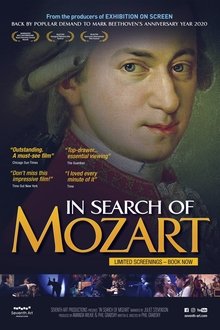
In Search of Mozart (2006)
Made to celebrate the 250th anniversary of Mozart's birth, IN SEARCH OF MOZART is the first feature-length documentary on Mozart's life. Produced with the world's leading orchestras and musicians, told through a 25,000 mile journey along every route Mozart followed, this detective story takes us to the heart of genius. Throughout, it is the music that takes center stage, with the jigsaw of Mozart's life fitting around it.

Virtuosity (2014)
Stay calm. You’ve spent your whole life practicing and preparing yourself for this moment of truth, and now it has finally arrived. The Cliburn, or more properly, the Van Cliburn International Piano Competition, held every four years in Fort Worth, Texas, is about to begin. Pressure? What pressure? Running 17 days, with three grueling rounds, The Cliburn invites 30 of the world’s finest pianists to battle it out for top honors. At stake are prizes worth millions, but more than money, the winner is practically guaranteed a performing career. Did we mention you’re playing not just for the judges, but for a live audience of thousands and a webcast of 170,000 viewers throughout the world? Pressure? What pressure? Just sit back, relax and enjoy the show. No pressure.

Glenn Gould: On the Record (1959)
This short documentary (the second of two parts) follows Glenn Gould to New York City. There, we see the renowned Canadian concert pianist kidding the cab driver, bantering with sound engineers at Columbia Records, and then, alone with the piano, fastidiously recording Bach's Italian Concerto.

Cutting Grass (2013)
Moritats are old folk songs about crimes and are typical of Central Europe. Zela Trovke is a moritat from Slovakia which the Holland Baroque Society has recovered to include in its Barbaric Beauty programme. Maite Larburu, the orchestra’s violinist, unveils the song's hidden secrets.
